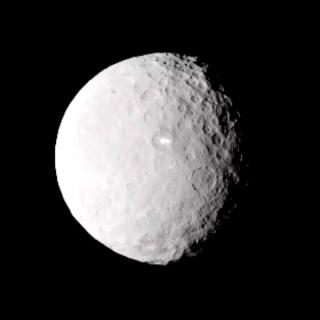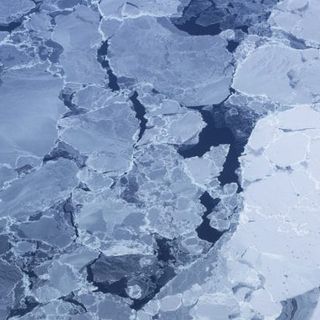According to new research published in Nature , increased marine heatwaves are leading to a complicated increase in migration by species like fish and turtles to relatively cooler waters, which are unlike usual weather-based migration patterns.
When a patch of water in the ocean remains unusually hot for more than five days, it is classified as a marine heatwave. Rapid climate change is causing intense heatwaves in oceans. These heatwaves are caused by ocean currents, and can occur during both summer and winter, and are defined via differences with expected temperatures in a particular location and time of year. These heatwaves are harmful and make marine animals migrate, as they bleach corals, harm kelp forests, and make it harder for animals like fish to breathe.
“We have seen species appearing far north of where we expect them,”Michael Jacox, a physical oceanographer and co-author of the study, told Science News. He added, “To properly manage those species, we need to understand where they are.” Knowing the locations of certain species is imperative for conservation efforts and to anticipate highs and lows in the fisheries industry. While mobile species like fish can migrate away from heat, stationary species, parents guarding their eggs, and coral are highly likely to die and become further endangered due to it.
Related on The Swaddle:
Seagrass Could Be A Powerful Weapon Against Climate Change, Natural Disasters: UN Report
The distance these species might move to get away from heatwaves is also dependent on the latitudinal location of the waters they inhabit. Marine heatwaves are smaller in temperate regions, so species inhabiting them have to travel smaller distances to escape heatwaves. Species in tropical regions must travel larger distances to escape heatwaves, as they are much larger and uniform in tropical waters. This makes the availability of fish volatile, which is a cause for concern in tropical regions like India, where many indigenous people depend on fishing for their livelihoods.
Rapid climate change is causing both an increase in the frequency and intensity of heatwaves, with an increase in ocean temperatures worldwide. But this heating will occur at different rates in different areas, making species migration shoot up in certain regions and decrease in others. As tracking the movement of species becomes increasingly complex, research in new sub-disciplines like the study of marine heatwaves becomes more imperative.




